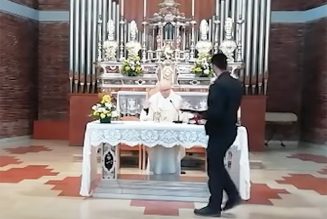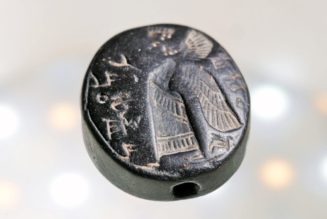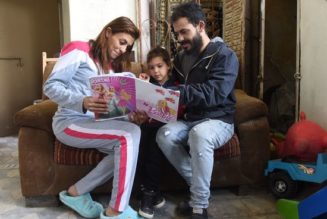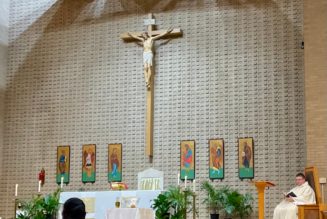By Phil Lawler ( bio – articles – email ) | Feb 21, 2020
A week after its release, Querida Amazonia—or, to be more accurate, the reaction to the papal document—remains the top news story of this week. But it shouldn’t be.
►The most important story, in my view, is the law that took effect in the Australian state of Victoria, requiring priests to break the confessional seal if they are told about abuse of children. Here is a frontal assault on religious liberty, and a grave challenge for Australian priests—who have already been told by their bishops (although they shouldn’t need to be told) that they must accept jail time rather than violate the seal. How will this story play out? Will other states pass similar laws? Will priests be subject to arrest—and unable to say anything in their own defense? Will lay Catholics mobilize against this injustice? Archbishop Mark Coleridge of Brisbane rushed to Rome this week, to discuss these questions with Vatican officials.
The Australian archbishop also indicated that he wanted to confer with Vatican officials about the situation of Cardinal George Pell, whose appeal to Australia’s highest court will be heard in a few weeks. By sometime this summer, when the court is expected to release its ruling, Cardinal Pell will be either a free man or a convicted sexual offender with no remaining appeals; either way, the Church will have to respond to his new status.
► Still, as I conceded above, the reactions to Queria Amazonia continue to command top billing. While my colleague Jeff Mirus was hopeful that Pope Francis might be rethinking his alliance with liberal Catholics, and radical Catholics in Germany were appalled for exactly the same reason, close advisers to the Pontiff were exhorting their liberal friends to remain confident and upbeat. Archbishop Victor Manuel Fernandez, for example, made the startling claim that the Pontiff had actually advanced the cause for married priests, not by saying anything explicit on the subject (which he didn’t, of course), but by encouraging the Catholic communities of the Amazon region to make their own decisions about the needs of their local churches.
Did the Pope really suggest that diocesan bishops in the Amazon region could begin ordaining married men? Querida Amazonia said nothing of the sort, and insofar as the Pope made tangential references to the topic, they certainly seemed—to a solid majority of readers—solidly in favor of the celibacy requirement.
Still it isn’t easy to dismiss the views of Archbishop Fernandez. First because he is close to Pope Francis—in fact he is widely believed to have drafted the Pope’s most controversial document, Amoris Laetitia. Second because his curious interpretation of the new papal document was published in L’Osservatore Romano, a newspaper not likely to risk papal displeasure.
► Outside Rome, the week’s most revealing reaction to the apostolic exhortation came from the papal biographer Austen Ivereigh, writing in The Tablet. Ivereigh observed that after the Synod fathers recommended a relaxation of the celibacy rule, some of the opposition to that change was “hysterical.” Ivereigh put the arguments of Cardinal Robert Sarah squarely in that category—and remember that in his book on the subject, Cardinal Sarah was cooperating with former Pope Benedict XVI. So should we dismiss the former Pontiff as hysterical, too? Ivereigh remarked that for Pope Francis, “the battleground is between two hermeneutics.” When you hear that word “hermeneutics,” don’t you think of Pope Benedict’s insistence on a “hermeneutic of continuity”—as opposed to a “hermeneutic of rupture”—in interpreting Vatican II? The thrust of Ivereigh’s column was to say that Pope Francis is pioneering a “third way.” Should we understand that “third way,” then, as some compromise between the teachings of Pope Benedict and the schismatic tendencies of the German hierarchy?
For a perceptive discussion of that question, and of the tensions in the relationship between Pope Francis and his “progressive” allies, I highly recommend Carl Olson’s analysis for Catholic World Report.
► On other fronts, it was a rough week for the Vatican’s PR efforts, just because of the timing of a few stories:
Sound Off! CatholicCulture.org supporters weigh in.
All comments are moderated. To lighten our editing burden, only current donors are allowed to Sound Off. If you are a donor, log in to see the comment form; otherwise please support our work, and Sound Off!

There are no comments yet for this item.










